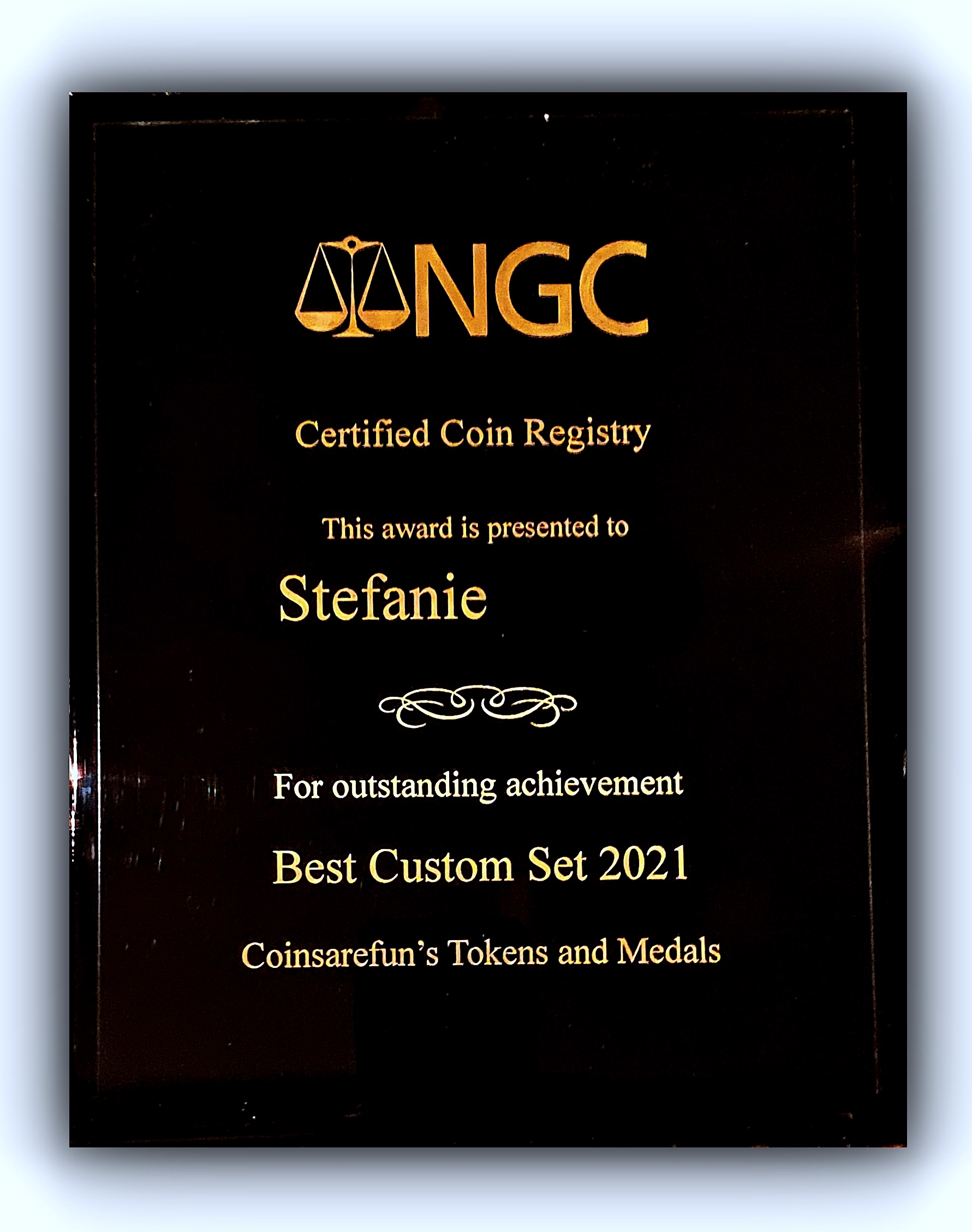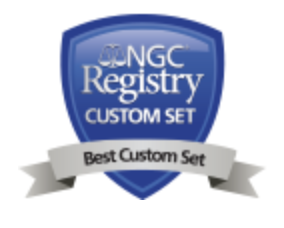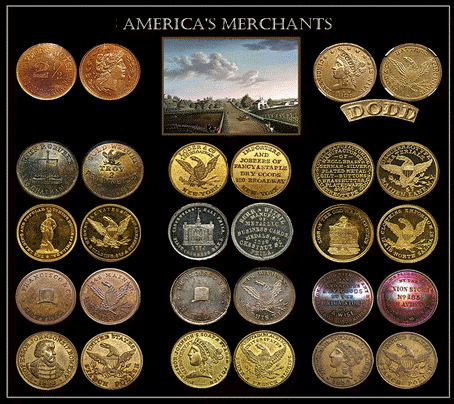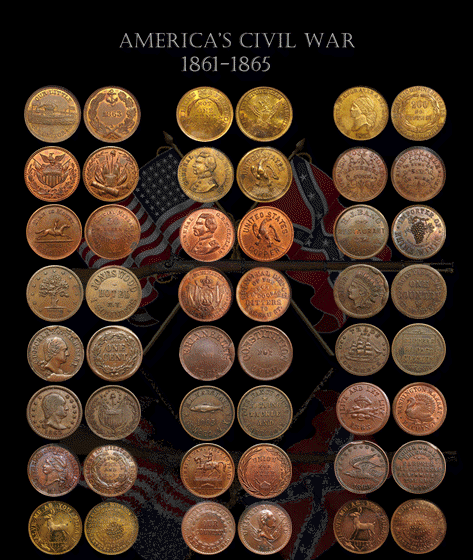Credit for information below comes from The Civil War Token Society
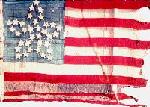 |
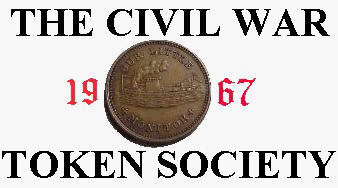 |
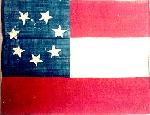 |
![]()
History of Civil War Tokens
What are Civil War tokens, you ask? These "non-government privately issued quasi-money metallic and composition devices" are arbitrarily divided into three different categories by collectors and dealers. These divisions are :
• Store Cards
• Sutler Tokens
• Patriotic Civil War Tokens
A brief history of the Store Card can be found in the introduction of U.S. Civil War Store Cards by George and Melvin Fuld :
"Early in 1862 all metallic currency was gradually withdrawn from circulation. Citizens, anticipating the possible increase in value of all metals, commenced hoarding gold, silver and even copper to such an extent that in a short time there were no metallic coins of any denomination in circulation. Tradesman were thus forced to issue a medium that would supply the place of small coins, and the first of these issued on account of the lack of the proper Government currency made their first appearance in Cincinnati in the Fall of 1862. In the Spring of 1863, New York followed this example. The first to be made in New York was the Lindenmueller currency, of which a million pieces were struck. William H. Bridgens, the die-cutter, then issued the Knickerbocker currency, which consisted of numerous varieties, and were struck in large quantities."
"The issue of similar pieces became general throughout the Eastern and Middle Western States, until it was estimated that not less than 25,000,000 of these private tokens were in general circulation, which must have included between 7,000 and 8,000 varieties."
"These little coins filled the wants of the trades-people, and were accepted as a means of exchange for the value, which was usually one cent. They undoubtedly were a source of great relief and convenience; but their irresponsible character soon attracted the attention of the Federal Authorities. It is said that the Third Avenue Railroad of New York requested Lindenmueller to redeem a large number of his tokens, which they accepted in the course of business, but he laughingly refused to do. The railroad had no redress, and it is not improbable that incidents of this character forced the Government to put a stop to their issue. This was done by the passage of an act of Congress in 1864, forbidding private individuals from issuing any form of money."
There are more than 8,500 different Store Cards known that were issued by approximately 1,500 merchants from 22 different States and almost 400 towns.
Sutler tokens were a special kind of Store Card that was issued by sutlers who supplied the Union Army. A sutler was a vendor who followed the army and sold provisions and luxury goods such as are found in our modern day PX or post exchange. He supplied tobacco, candy, dried fruit, canned goods, writing materials (and sometimes liquor) to the soldier who could afford the high priced goods. Many of the sutlers of this era issued metal tokens to insure themselves the trade of soldiers to whom they extended credit. These tokens ranged from 3¢ to $1 with both the sutler's name and the soldier's regiment listed.
Die sinkers were making good profits from their manufacturing of Civil War tokens. They issued not only Store Cards to individual merchants and tokens for sutlers, but they made and sold tokens which had no reference to a specific business concern. Since these usually included a patriotic theme, they were called PATRIOTICS.


